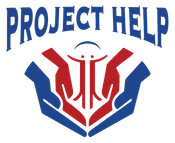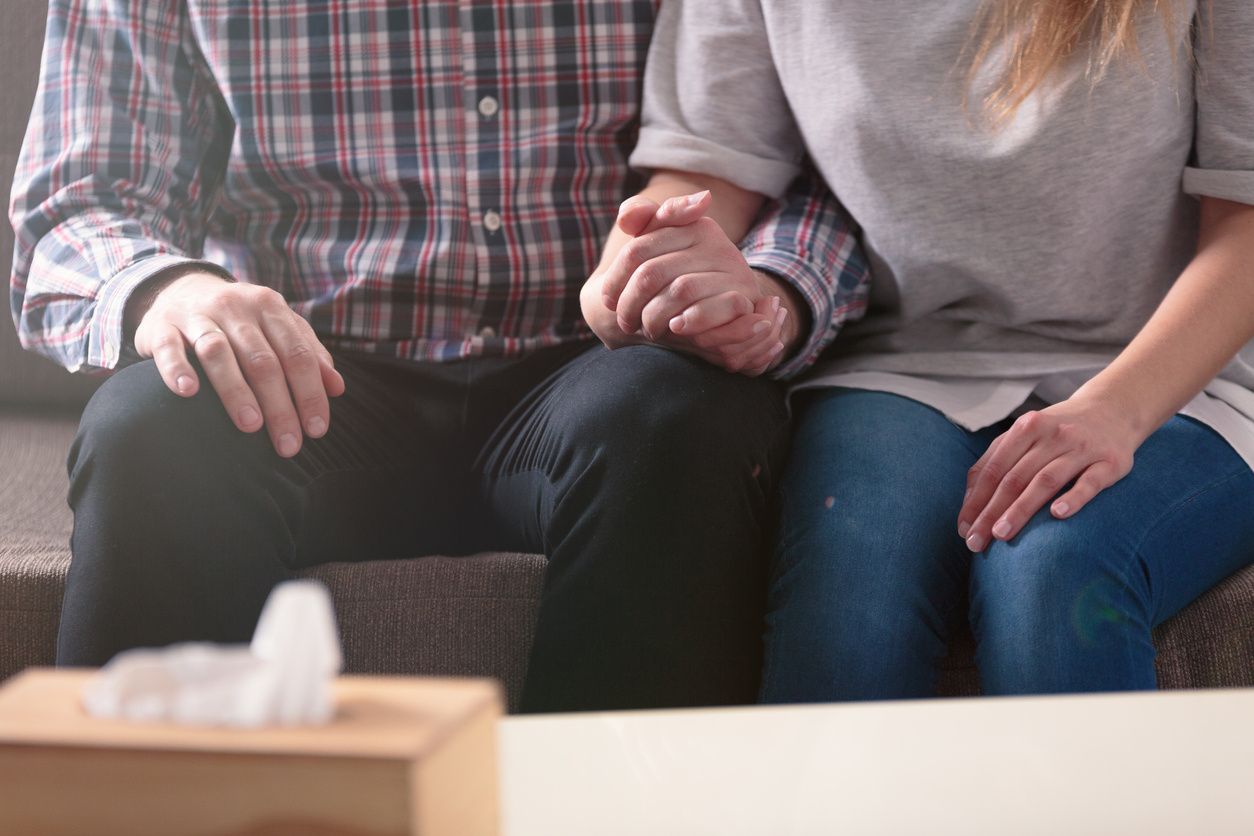Source: Veterans that have served in combat are subject to the highest risk of Post-Traumatic Stress Disorder (PTSD), which affects their ability to hold a steady job, interact with family members, and even how they conduct themselves in daily civilian life. What is PTSD? How can we help a loved one that has PTSD? Where can Veterans turn for help if they have PTSD?
The numbers are staggering when discussing the correlation between Post Traumatic Stress Disorder and Veterans. When you begin with the facts, numbers, and statistics, the numbers themselves will scare you. A study conducted by the RAND Corporation and additional studies by the Congressional Research Service, Veterans Administration, the Institute of Medicine, the US Surgeon General, and other related studies, show that PTSD is a rising pandemic growing in the shadows, as most soldiers do not want to admit their condition for fear of being shamed or losing their jobs, spouses, children or friends.
Post-Traumatic Stress Disorder (PTSD) is an anxiety disorder that develops after observing or experiencing a frightening, stressful or distressing life event. These physiological and emotional stresses can affect an individual’s ability to cope with the demands in normal life, as they may conflict with their inner world. The largest demographic to have PTSD is the Veteran population.
Here’s how the numbers stack up…
There are about 2.7 million American Veterans of the Iraq and Afghan wars. At least twenty percent (over 500 thousand) of these Veterans have PTSD. Interviews with health care professionals and counselors reveal these numbers may be higher, since the twenty percent only accounts for the cases that have been reported among Veterans that have sought treatment.
There are about 2.6 million American Veterans that fought in Vietnam, of which about 500 thousand have PTSD.
There are almost 40 thousand homeless Veterans – many of them suffer from PTSD.
America loses (on average) one Veteran per hour to suicide as a result of his/her inability to live with PTSD.
Many Vets, eager to find coping mechanisms for their PTSD, have been found to indulge in alcohol abuse, other substance abuse such as opioids, gambling, and other addictions to mask and cover up their emotions tied to traumatic experiences while serving in combat. When Veterans partake in unhealthy practices to cope with their PTSD, they live dysfunctional lifestyles, which often leads to joblessness, homelessness, inability to maintain viable relationships, and negative interactions with law enforcement.
What treatments are available for Veterans with PTSD? Counseling and therapy have been seen as the best prescribed treatments for coping with PTSD. Since PTSD is a disorder that affects both the mind (psychological) and the heart (emotional), a number of treatments have been suggested for Veterans with PTSD.
Talk therapy and counseling allows Veterans to discuss the defining moment of experience which caused the PTSD in the first place.
Often, meditation and prayer aids in the ability to forgive one’s self and others, which is a crucial part of the healing process within PTSD therapy.
Behavioral or Cognitive Behavioral Therapy was designed to approach the way a person thinks about the problem, then encourages the patient to respond to certain triggers associated with the problem, and discusses how their thinking and emotions effect the problem’s resolve. Then, using a combination of relaxation and remembrance therapies, the patient is conditioned to desensitize from the triggers.
It has been found than when Veterans with PTSD feel like they are not alone in experiencing the symptoms, they can better cope or overcome PTSD. In Group Therapy, Veterans have the ability to share their experiences and their conditions openly and without judgement. Within the group, each Vet begins to support one another, peer to peer. Veterans that have led a successful life after PTSD, continue their therapy by becoming mentors to new Veterans that come to the group.
Veterans are now beginning to benefit greatly through these therapies, especially when combined with education about the breakthroughs and discoveries that are being made of the sometimes outwardly invisible physical harm created when they have been exposed to situations such as blasts.
Medication and psychological drugs are one of the last lines of defense against PTSD. Usually medications are prescribed in place of other addictive substances, which may compound the PTSD even further.
So what can we do for our loved ones that suffer from PTSD?
Education and therapy is a key ingredient in helping PTSD stricken Veterans. A family member, spouse or friend must learn what PTSD is and how to cope with the PTSD triggers. Once the loved one is aware of the PTSD, the loved one can re-direct the Veteran with PTSD to proper help. It is important not to judge or shame a Veteran living with PTSD. Veterans with PTSD want to trust the person in their life that may be helping them seek help, however they will not trust if they are shamed, judged, or feel alienated due to their PTSD condition.
Project Help offers a number of resource links to additional treatments and modalities when addressing PTSD.
Samuel K. Burlum is an Investigative Reporter who authors articles related to economic development, innovation, green technology, business strategy, and public policy concerns. Samuel K. Burlum is also a career entrepreneur, who currently lends his expertise as a Consultant firm to start-up companies, small businesses, and mid-size enterprises, providing advisement in several areas including strategic business planning, business development, supply chain management, and systems integration. He is also author of “The Race to Protect Our Most Important Natural Resource-Water,” and “Main Street Survival Guide for Small Businesses.”

